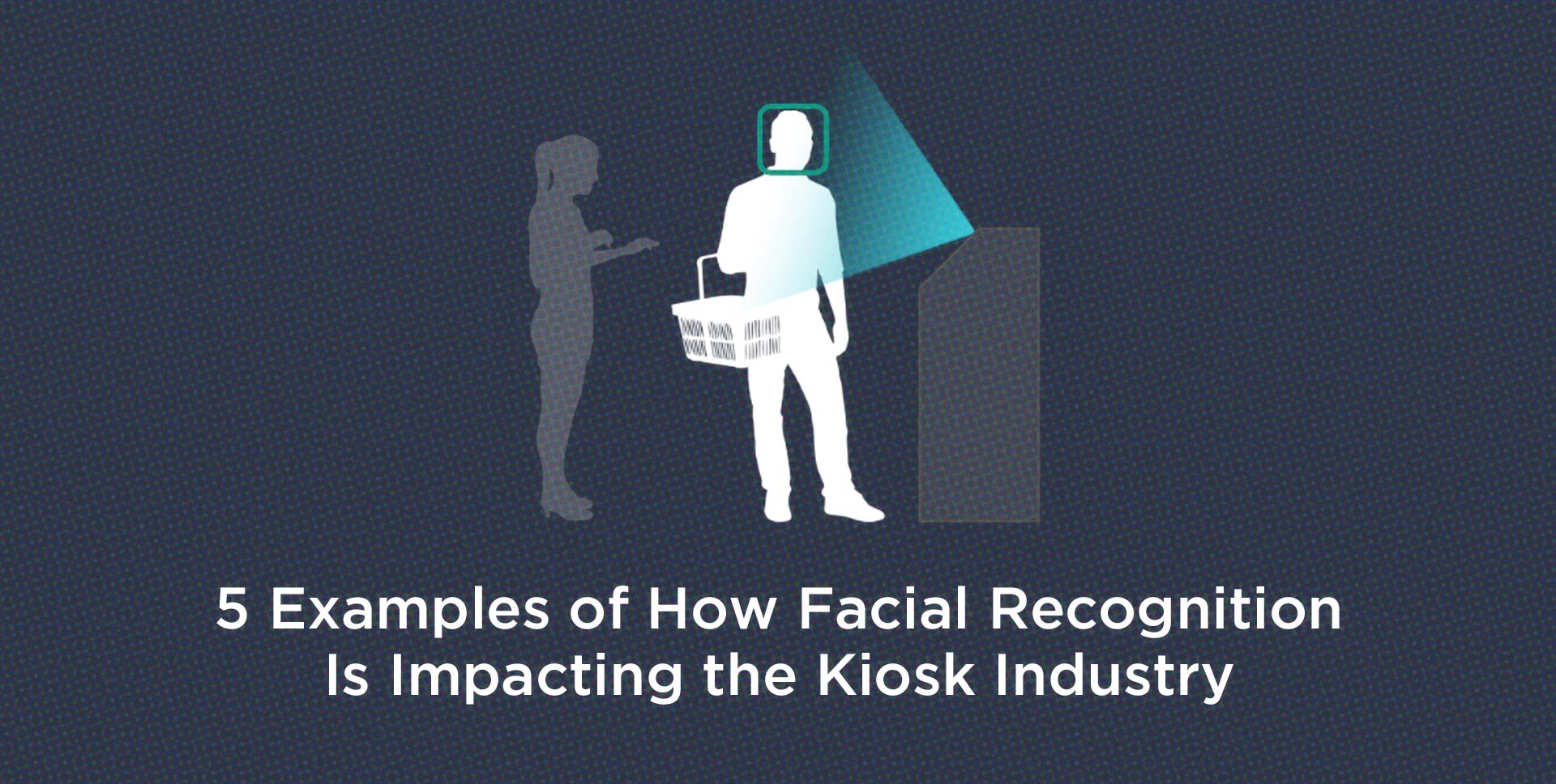
As Kairos’ Director of Product Integration, I’m on the front lines when it comes to customer inquiries. From pet detection to weight detection, I’ve heard it all. While some ideas are more far-fetched than others, the common trends cannot be ignored—and these represent innovations that are happening NOW.
One that caught my eye recently is 'facial recognition enabled kiosks'—I’ve been getting allsorts of inquiries about this, and I've learned a bunch from helping software developers successfully integrate our technology into their kiosk products. Yes, sometimes that means keeping their imagination grounded too, unfortunately computer vision cannot guess someone’s favorite snack from a selfie (yet ?).
The increase in demand rings true; from financial services and photos to ticketing and vending, the self-service kiosk industry is clearly booming. With emerging markets driving growth globally, IoT-enabled kiosks are disrupting traditional brick-and-mortar experiences. Giant-brands and innovative-startups are offering various solutions—all in search of new ways to reach consumers, be it at the gym on in the back of an Uber.
With that in mind, I wanted to share my top picks for innovative ‘Grab-And-Go Retail’ use-cases:
1. “Hey, the usual?” Automated Restaurant Kiosks
Facial recognition is being piloted in a variety of restaurants, not only automating the ordering process, but to identify customers and their preferences. Making it easier than ever for retailers to truly connect with their customers and create personalized marketing campaigns to help drive loyalty. All I need next is a self-service drive-thru, and my introverted fantasies will become reality.
2. “All systems are a go!” 1:1 Identity Verification for Regulated Services
Kiosk companies that enable financial services are popping up all over, but vendors need to make sure that John Smith really is John Smith, and not Sam Smith using a stolen identity. Kairos clients use our software to make sure that whoever is trying to load their prepaid card, cash-out a paycheck or casino winnings really is who they’re representing they are—plus, the underwriting/check-cashing companies usually require some sort of confidence threshold in order to work with the service provider.
3. “The skies are clear, we should be landing shortly…” Airport Check-In
British Airlines and Delta have already rolled out facial recognition solutions for paperless boarding, and many other airlines are working on similar projects. Efficiency + smooth customer experience + less paper being used = YES. In a similar vein, CLEAR Kiosks use facial recognition to expedite the security line for members, charging them $179 a year for the privilege. (I tried it when the line was too long at LaGuardia airport last year, and I was sold. It took less than 15 minutes to get to my gate. Win!).
4. “How old are you?” Age Verification for Controlled Substances
Another popular use case is integrating facial detection to estimate an individual’s age, triggering the Kiosk to ask for ID—if they don’t meet the legal requirement for buying things like alcohol, tobacco, or medications, the Kiosk won’t allow the customer check-out.
5. “Great to see you!” Event Check-In
Last year I went to Consensus 2018 (the blockchain technology summit) with some co-workers, and to say that they should have hired an experience designer would have been an understatement. There was no room for lines, just people shoulder-to-shoulder, forced to exchange CO2 for upwards of an hour just to get their prepaid $1,000+ badges. Luckily, this year I’ve had more inquiries than ever from event and conference planners to integrate facial recognition into their kiosks to automate check in, cut labor costs, and save time.
If you have an idea or run a kiosk company, and think you would benefit from integrating facial recognition technology—I’d love to hear from you! This email address is being protected from spambots. You need JavaScript enabled to view it..

Alessandra Szul
Alessandra is Director of Product Integration at Kairos—providing state-of-the-art, ethical face recognition to developers and businesses worldwide.